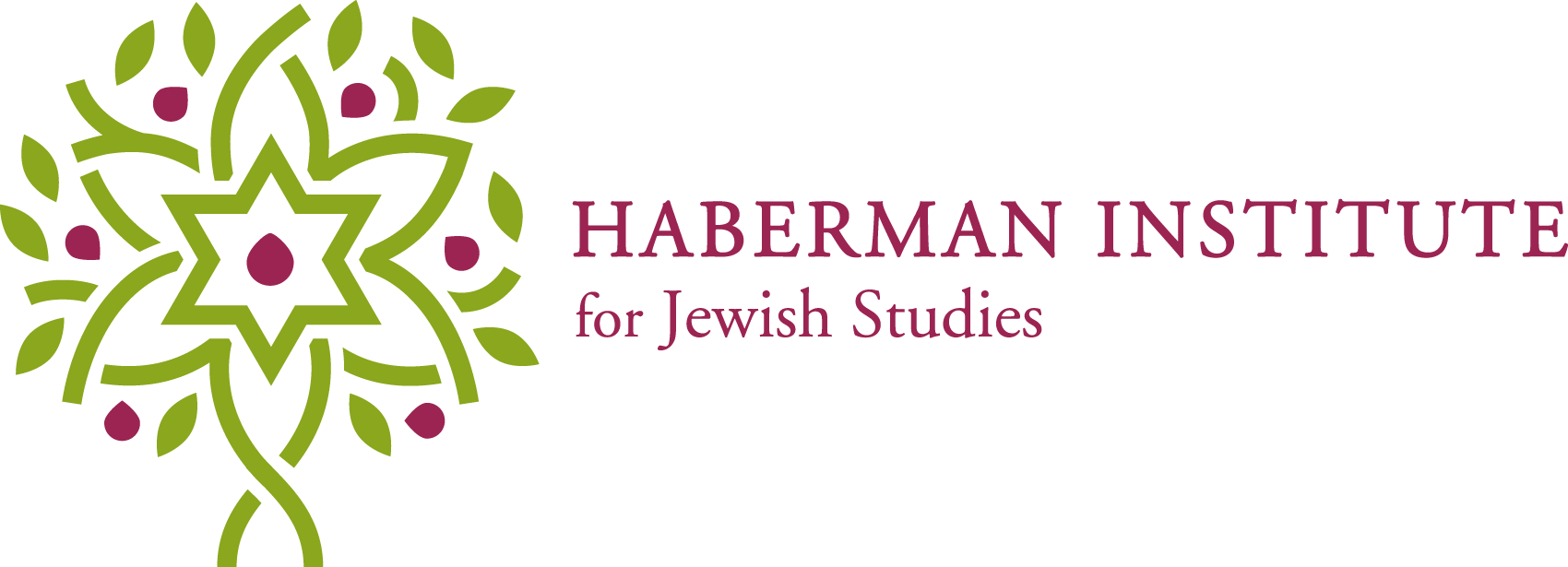Kabbalah, Science, and Universal Ethics
12/11/2011
Speaker: Dr. David Ruderman, Joseph Meyerhoff Professor of Modern Jewish History and the Ella Darivoff Director of the Center for Advanced Judaic Studies at the University of Pennsylvania
Location: B'nai Israel Congregation; Rockville, MD
"The Book of the Covenant" (Sefer ha-Brit), first published by a relatively unknown Eastern European Jew named Phinehas Elijah Hurwitz, in Brunn, Moravia in 1797, was one of the most popular Hebrew books read by Jews in the Modern Era. In this massive volume - purported to be a commentary of a popular 16th century mystical work - Hurwitz presented his understanding of the sciences of the day - cosmology, astronomy, geography, botany, zoology, and medicine. In a commentary on the injunction to "Love thy neighbor as thyself," Hurwitz insisted that the commandment requires every Jew to love all human beings, not only their own co-religionists, and not merely as a political concession but as an inherent value of Judaism itself. The complex mixture of science, kabbalistic piety, and universal ethics mark the special quality of this work and underscore its uniqueness in an era of cultural debate and polarization. Hurwitz's attempt to balance the secular and Jewish worlds in which he lived offers insight into our own struggle to live as committed Jews in the modern world.
This program is made possible by the generosity of K. Peter & Yvonne Wagner
